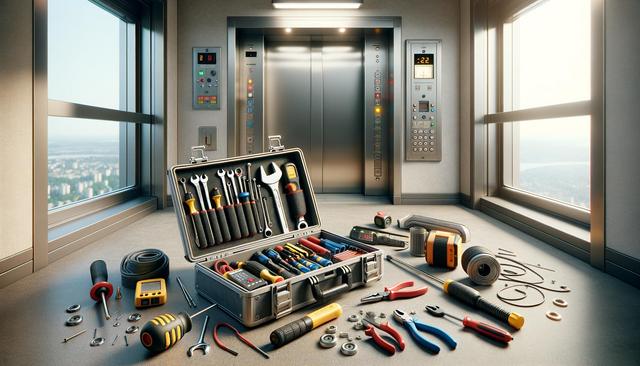Understanding the Basics of Elevator Systems
At the core of any elevator repair technician training program is a comprehensive introduction to how elevator systems work. This includes both theoretical and hands-on instruction. Trainees become familiar with various types of elevators, such as hydraulic, traction, and machine-room-less systems. Understanding the basic components – like hoist machines, control panels, brakes, and safety devices – is essential before moving on to more advanced topics. These fundamentals help technicians identify, diagnose, and repair mechanical faults efficiently.
In addition to learning about the mechanical parts, trainees also gain insight into elevator electrical systems. Topics include motors, circuits, relays, and wiring diagrams. This foundational knowledge is critical for troubleshooting issues that may arise due to electrical malfunctions. Safety standards related to electrical work are also taught, ensuring technicians follow best practices while on the job.
Safety Protocols and Regulations
Safety is a key focus in elevator technician training. Technicians often work in confined spaces, at heights, and with heavy machinery, making safety knowledge essential. Training programs typically incorporate national and local safety codes, including regulations set by recognized industry authorities. These guidelines help technicians minimize risks while working on or around elevator systems.
Some safety topics covered include:
- Lockout/tagout procedures
- Fall protection systems
- Personal protective equipment (PPE)
- Emergency rescue techniques
- Fire safety and electrical hazard awareness
In addition to learning how to protect themselves, technicians are trained to ensure that the elevators they service are safe for public use. This includes inspecting safety devices, testing emergency brakes, and verifying that door interlocks function properly. Understanding both personal and operational safety is essential for anyone entering this field.
Mechanical and Electrical Skills Development
The hands-on portion of elevator mechanic training is where theoretical knowledge is put into practice. Trainees work with real equipment to hone their mechanical and electrical repair skills. This includes disassembling and reassembling elevator components, testing circuits, and using diagnostic tools. Practical experience is essential not only for mastering repairs but also for installing new systems and performing preventive maintenance.
During this phase of training, students also work on:
- Reading and interpreting blueprint and schematics
- Identifying worn or faulty parts
- Calibrating control systems
- Using multimeters, oscilloscopes, and other diagnostic equipment
- Applying troubleshooting techniques in simulated fault scenarios
This stage of training ensures that graduates are not only knowledgeable but also capable of working independently under real-world conditions.
Specialized Topics and Advanced Techniques
As the training progresses, more advanced and specialized subjects are introduced. These include programming elevator controllers, working with computerized diagnostic systems, and understanding the integration of elevators with building automation systems. With modern elevators becoming increasingly digital, technicians must be comfortable navigating both hardware and software systems.
Other advanced topics may include:
- Elevator modernization techniques
- Working with smart sensors and IoT-enabled systems
- Energy efficiency and sustainability in elevator systems
- Adapting elevators for accessibility and compliance with disability standards
By the end of this stage, students should be able to service both legacy systems and the latest models, making them adaptable and ready for a range of job environments.
On-the-Job Training and Certification Preparation
Most elevator repair technician programs include an apprenticeship or on-the-job training component. This allows students to work under the supervision of experienced professionals, gaining exposure to real repair and maintenance situations. It is here that many trainees refine their skills and develop the confidence needed to work independently.
Additionally, programs often help students prepare for industry certifications or licensing exams. While requirements vary by region, many technicians are expected to pass a certification exam that assesses their knowledge of safety codes, technical skills, and industry practices. These credentials can enhance employment opportunities and validate a technician’s competency.
Key elements of this final phase include:
- Shadowing experienced elevator technicians
- Logging hours toward licensure requirements
- Reviewing for certification exams
- Developing customer service and communication skills
With a solid mix of classroom instruction and real-world experience, graduates are well-prepared to enter the workforce as knowledgeable and capable elevator repair technicians.
Conclusion: Preparing for a Career in Elevator Maintenance
Elevator repair technician training programs offer a thorough and practical path for individuals interested in a skilled trade that combines mechanics, electronics, and safety. By covering everything from system basics and safety regulations to advanced diagnostics and hands-on experience, these programs prepare students for a rewarding and stable career. Whether you’re just starting out or looking to shift into a technical role, completing a formal training program is a step toward becoming a well-regarded professional in the field of vertical transportation maintenance.




Leave a Reply